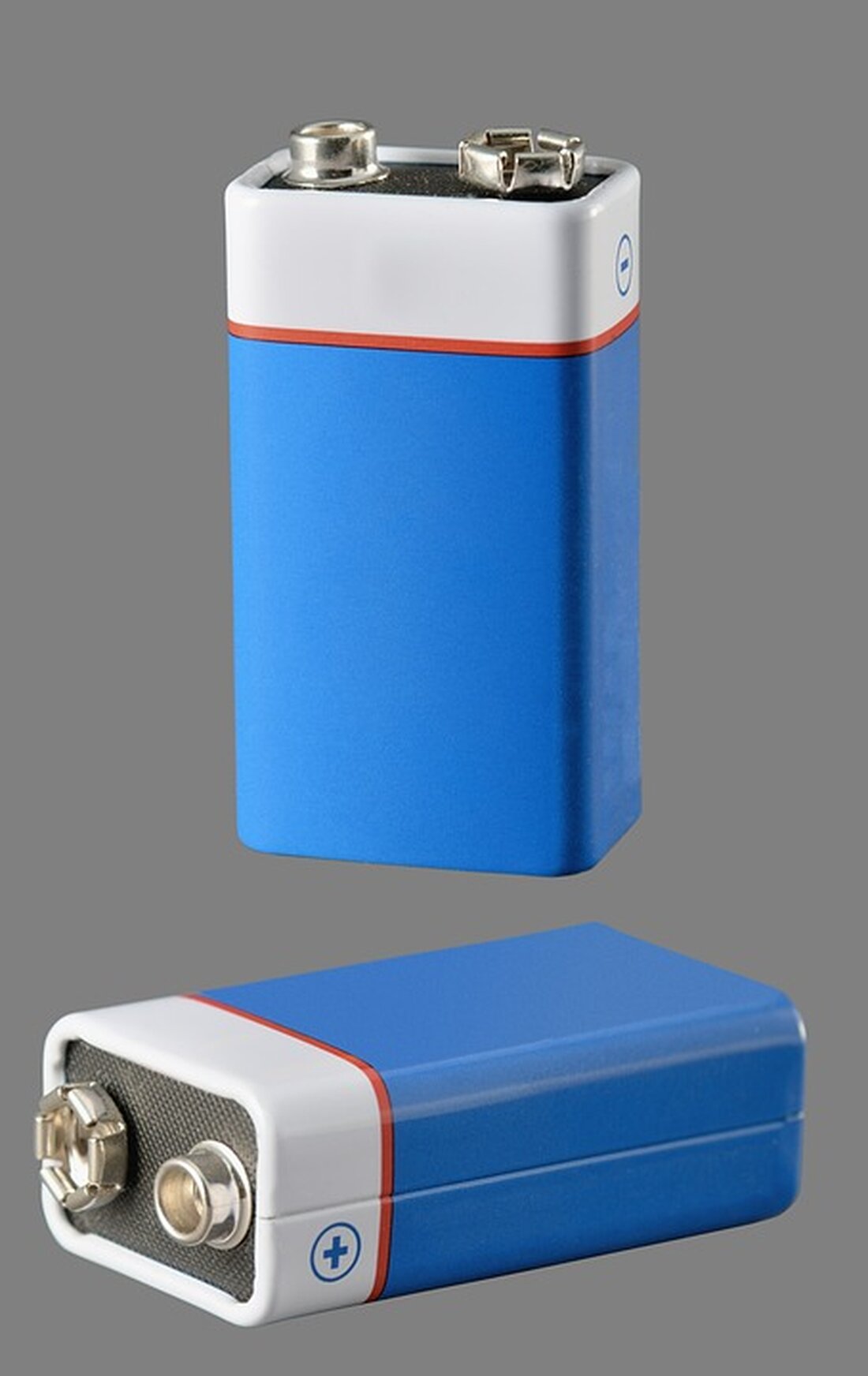Ions explained: What is an ion and how does it work in chemistry and physics?
Ions explained: What is an ion and how does it work in chemistry and physics? In chemistry and physics, ions are essential components of many chemical reactions and play an important role in various natural and industrial processes. To understand what an ion is and how it works in chemistry and physics, it is important to become familiar with basic terms and concepts. What is an Ion? An ion is an electrically charged particle that is created when an atom or molecule gains or loses electrons. Ions can be positively charged and are then called cations, or they...

Ions explained: What is an ion and how does it work in chemistry and physics?
Ions explained: What is an ion and how does it work in chemistry and physics?
In chemistry and physics, ions are essential components of many chemical reactions and play an important role in various natural and industrial processes. To understand what an ion is and how it works in chemistry and physics, it is important to become familiar with basic terms and concepts.
What is an Ion?
An ion is an electrically charged particle that is created when an atom or molecule gains or loses electrons. Ions can be positively charged and are then called cations, or they can be negatively charged and are then called anions. An ion's charge arises due to the imbalance between the number of protons in its nucleus and the number of electrons in its outer shell.
How are ions formed?
Ions are created through the process of ionization. There are several ways an atom or molecule can gain or lose electrons to become an ion. A common method is chemical reaction, in which elements react with each other and exchange electrons. For example, an atom can lose an electron to create a positive charge, or an atom can gain an electron to create a negative charge.
Another method of forming ions is the application of electrical energy. When an electric current is passed through an electrolyte, the dissolved particles contained within it can lose or gain electrons, becoming ions.
The importance of ions in chemistry
Ions play a crucial role in chemistry. They are involved in chemical reactions and can influence a variety of processes, including the formation of compounds and the transfer of energy.
1.Formation of connections: Ions form the basis for the formation of salts and other ionic compounds. In a chemical reaction, positively charged cations and negatively charged anions can combine to form a stable compound.
2.electrolysis: Ions enable electrolysis processes to be carried out. Electrolysis uses a source of electrical energy to cause a compound to break down into its components. Ions migrate to the respective pole (anode or cathode) and enable the process to be carried out.
3.Ion exchange: Ions can also be involved in ion exchange reactions. Such reactions can be used to remove unwanted ions from solutions or to selectively extract certain ions.
The importance of ions in physics
Ions also play an important role in physics, especially in connection with electric charges and magnetic fields. Here are some of the key aspects:
1.Electromagnetic phenomena: Ions can be moved and manipulated in electric and magnetic fields. This enables the generation of electricity, magnetic storage and other electronic devices.
2.plasma: Ions are an essential component of plasmas, which are considered the fourth state of matter. A plasma consists of positive and negative ions that can be influenced due to their electrical charge. Plasmas are used in energy technology, for example in controlled nuclear fusion.
3.Ionizing radiation: Ions also play a role in ionizing radiation. Ionizing radiation such as X-rays and radioactive radiation can ionize atoms and molecules, causing harmful effects on biological tissue.
Frequently asked questions
What is the difference between a cation and an anion?
A cation is an ion with a positive charge that is formed by the loss of electrons. An anion is an ion with a negative charge that is created by accepting electrons. The main difference between cations and anions is their electrical charge.
Can an atom lose or gain multiple electrons?
Yes, an atom can lose or gain multiple electrons to achieve the desired charge. For example, an alkali metal atom such as sodium can lose an electron and gain a +1 charge, but it can also lose a second electron and gain a +2 charge. The exact number of electrons an atom can lose or gain depends on its electronic configuration.
Why are ions mobile in solutions?
Ions in solutions can move because of their electrical charge. When a voltage is applied, the ions are attracted or repelled by electric fields and move towards the opposite pole. This phenomenon is called ion migration and is important for various technical applications such as electrolysis or ion exchange technology.
How are ions identified in analytical chemistry?
Ions can be identified in analytical chemistry based on their specific properties. This includes determining their charge, mass and concentration. Various analytical methods such as mass spectrometry, potentiometry or ion chromatography are used to identify and quantify ions.
Summary
Ions are electrically charged particles that play an important role in chemistry and physics. They arise from the loss or gain of electrons by atoms or molecules. Ions are involved in chemical reactions, play a role in electrical and magnetic phenomena, and are essential for electrochemical and plasma-based processes. Understanding ions is of great importance to understanding many aspects of nature and technology.

 Suche
Suche
 Mein Konto
Mein Konto
